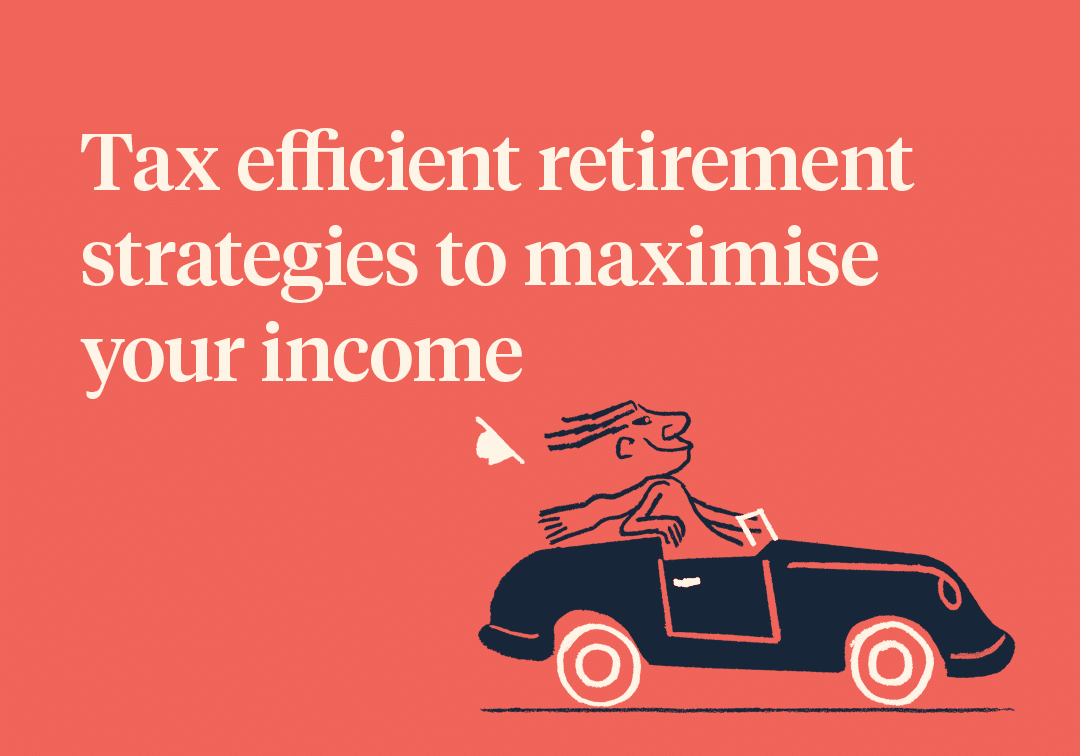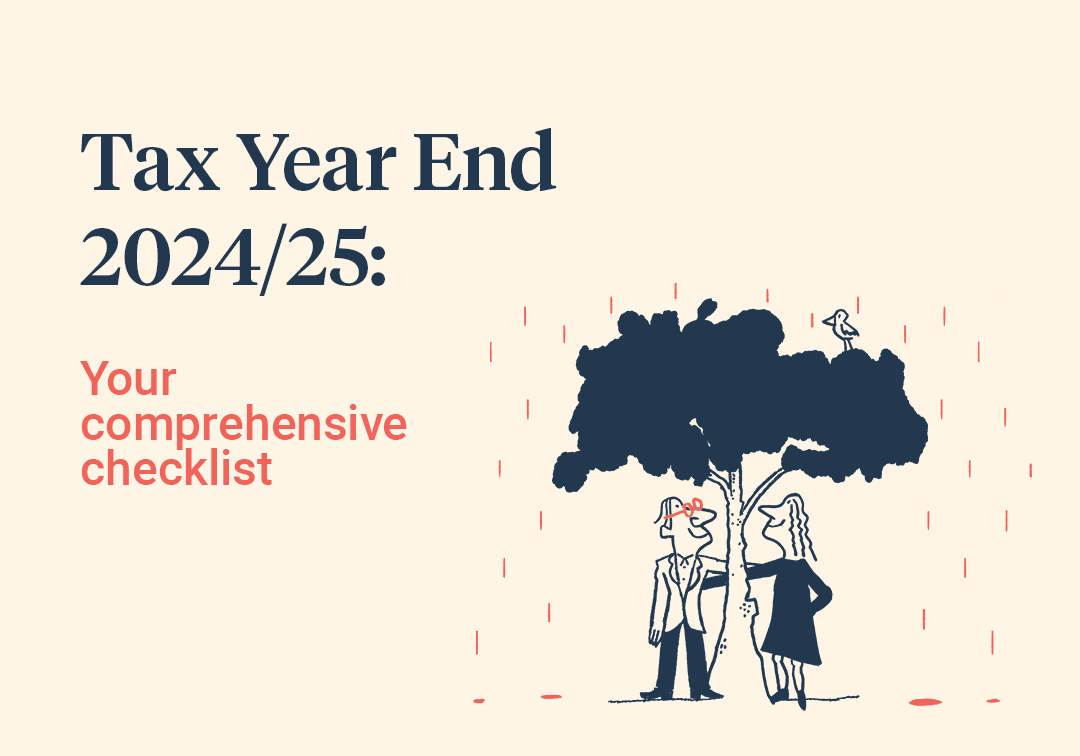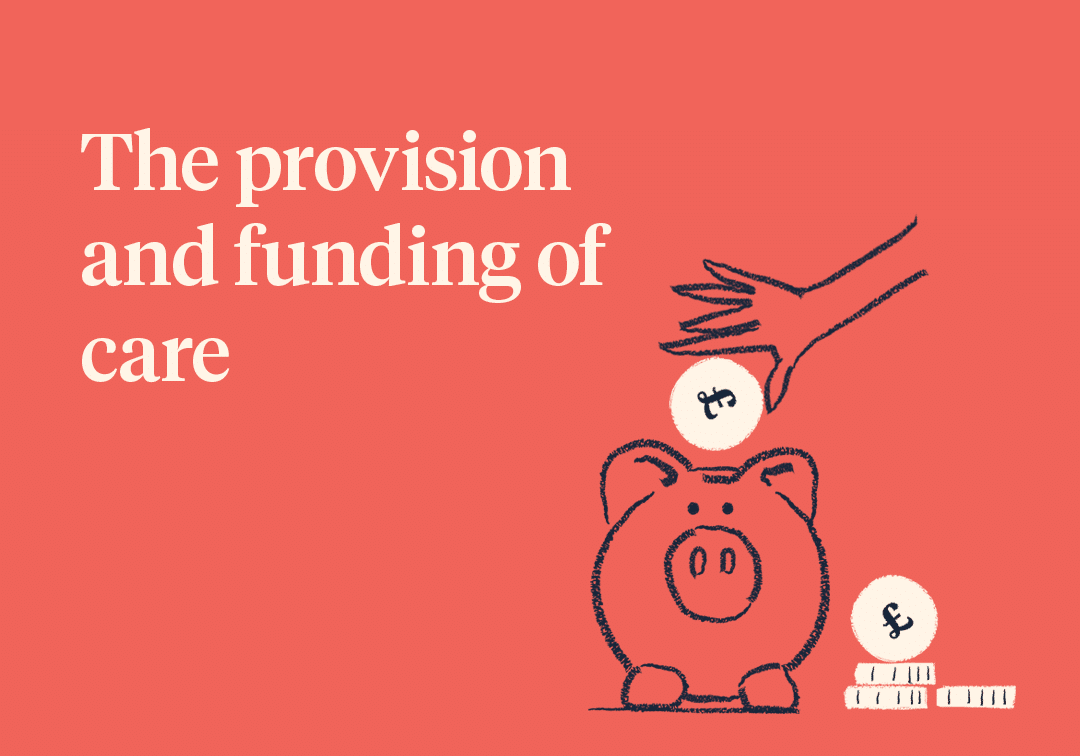The future is female. This isn’t the start to Beyonce’s next hit, but the reality of the where the UK’s wealth is headed over the next few years. It is estimated that 60% of Britain’s wealth will be in female hands by 2025, yet women in general are less likely to seek professional financial advice than men [1].
Everyone’s wealth journey takes a different form depending on their individual circumstances. However, there are common experiences that women, in particular, encounter that could have a significant impact on their financial journey.
Gender pay gap
Whilst there have been advancements in closing it, the gender pay gap remains. In April 2023, the pay among full time employees was 7.7% lower for women than men [2]. The earnings difference means that men and women ultimately start their wealth journey on uneven ground. This may mean women need to save more in order to achieve the same outcomes in retirement. Planning ahead and starting on your journey early is key. Thanks to the “eighth wonder of the world” – Compounding – you could make up for years, or even decades, worth of savings.
Gender pensions gap
It will come as no surprise that one of the results of lower incomes throughout a woman’s working life is the impact on their pensions . With childcare costs in the UK reaching £138.70 a week for part-time childcare and £269.86 a week for full time childcare often one parent chooses to take time out of full time work to alleviate this financial pressure, and research shows that this is often women [3]. Women typically spend 10 years away from full-time employment to start families and care for children [4].
When you combine lower income with career breaks or reduced working hours to accommodate for child care this all adds up to a widening pensions gap in the UK. On average, women save an eyewatering 33.5% less than men by the time they reach age 65 [5]. That said, the position is improving, and regularly reviewing your pension savings can help close the gap even if you choose to take a career break. Our recent Wealth Index survey found that 64% of female respondents are actively levelling up their pension savings by increasing their monthly contributions. Whilst the numbers may seem disheartening, no matter how old you are, what job you have, or whether or not you choose to take a career break, it is possible to make a significant difference to your financial future by being aware and taking steps to bridge that gap.
How much do you need to retire and more…

How much income do you need to be comfortable, how much do you need invested and how to pay less tax...
This gap isn’t limited to private pensions savings, but also the state pension. Although the gap is closing at a faster speed than for private pensions, there remains a difference in state pension incomes between men and women, mainly due to time spent in work [6]. In order to qualify for full state pension, you need 35 years of National Insurance (NI) contributions. Claiming child benefit counts towards this. If one partner takes time off to raise children and the other earns over £60,000 a year and is fully tapered out of child benefit, it is important to continue claiming. This ensures that even in the years you aren’t in full time employment (and would otherwise be building up your state pension entitlement), simply registering for child benefit will give you up to 12 state pension qualifying years, regardless of being subject to the High-Income Child Benefit charge.
Life expectancy
Women on average live longer than men, by an average of 3.5 years in the UK [4]. This means two things. Firstly, and very simply, women will need to ensure that they can sustain their retirement income for a longer period of time. Whilst it is hard to predict how long you will need your funds to last, we can help to project forward to begin to map out your financial journey using cashflow modelling. We can also carry out financial scenario planning based on different outcomes. For example, what if you outlive your partner, or alternatively what if they outlive you? By creating various scenarios, you can have confidence that the plans you put in place will lead you on your way to achieving your financial goals, regardless of which road life takes you on.
Secondly, regardless of gender, you will need to make sure that you have a full handle of the family finances, so that you have full confidence in where the finances are managed in the event of your partner predeceasing you. Having an open and honest communication around your overall finances will save further worry in what will already be an emotional time.
Investment approach
It is often reported that women are “more reluctant to take financial risks than men” [7]. This may be in part because women arguably have less room for error with their finances than men, due to everything discussed above. If you take two ends of the spectrum, women make up around 50% of landlords in the UK, with property being seen as a somewhat safe investment, yet they only make up 8.5% of cryptocurrency investors [8]. Although this tide may be changing, understanding how and when to take the appropriate level of risk for you is crucial. Taking less risk with your investments could mean that you have a greater risk of falling short of your goals. Prioritising each of your financial objectives can help paint the picture of the appropriate level of risk to take across your portfolio. This is not to suggest taking levels of risk that you are uncomfortable with, instead, making informed choices on how much risk to take based on how this will meet your objectives.
Financial planning is individualised and, whilst every individual will have different needs and wants, and face different challenges along the way, there are certain factors that feature more in women’s lives. It’s important that we get to know your stories, understand your aspirations and concerns, and create long-term plans to help you take control of your wealth journey.
Do you need cover to protect against illness or death?
Our advisers can give you the peace of mind that you and your family are protected against the financial consequences of the unexpected. Get in touch to discuss how we can help you.

Article sources
Editorial policy
All authors have considerable industry expertise and specific knowledge on any given topic. All pieces are reviewed by an additional qualified financial specialist to ensure objectivity and accuracy to the best of our ability. All reviewer’s qualifications are from leading industry bodies. Where possible we use primary sources to support our work. These can include white papers, government sources and data, original reports and interviews or articles from other industry experts. We also reference research from other reputable financial planning and investment management firms where appropriate.
Saltus Financial Planning Ltd is authorised and regulated by the Financial Conduct Authority. Information is correct to the best of our understanding as at the date of publication. Nothing within this content is intended as, or can be relied upon, as financial advice. Capital is at risk. You may get back less than you invested. Tax rules may change and the value of tax reliefs depends on your individual circumstances.
About Saltus?
Find out more about our award-winning wealth management services…
Winner
Investment Performance: Cautious Portfolios
Winner
Top 100 Fund Selectors 2024
Winner
Best Places to Work 2024
Winner
Best Financial Advisers to Work For
£8bn+
assets under advice
20
years working with clients
350+
employees
97%
client retention rate







